
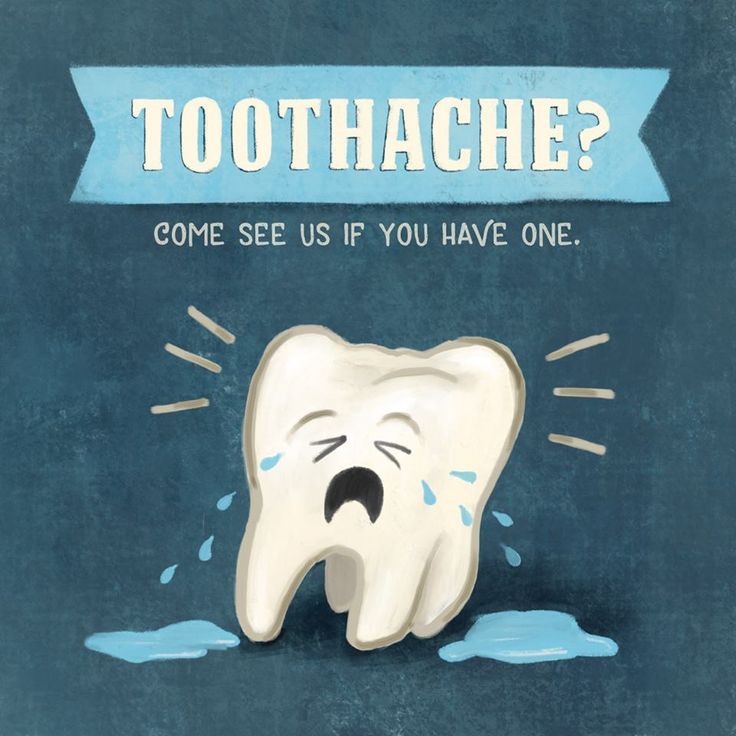
Tooth pain can be distressing and disruptive, affecting various aspects of daily life.
This comprehensive guide explores the different types of tooth pain, their causes, and effective treatment options to provide relief.
Teeth pain, also known as odontalgia, refers to discomfort or pain within or around a tooth.
Understanding the underlying cause of tooth pain is crucial for appropriate treatment and prevention strategies.
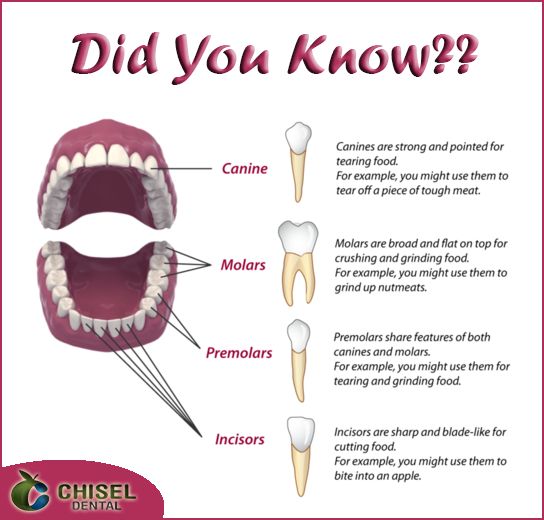
Teeth are complex structures composed of enamel, dentin, pulp, and cementum.
Different types of teeth—incisors, canines, premolars, and molars—serve distinct functions in chewing and grinding food.
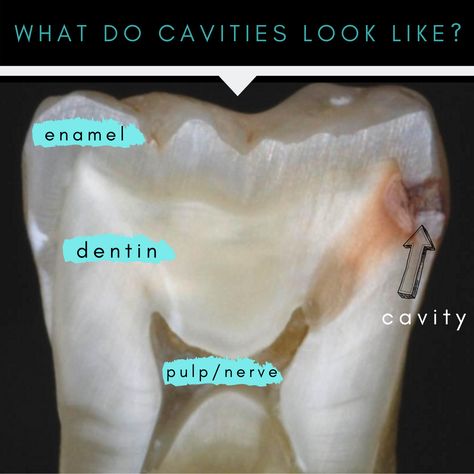
Sensitive teeth may result from exposed dentin or enamel erosion, causing discomfort when consuming hot, cold, sweet, or acidic substances.
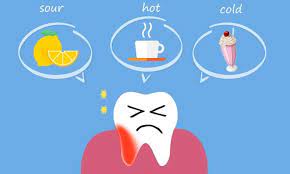
Tooth decay or cavities occur due to bacterial plaque buildup, leading to enamel erosion and pain.
A cracked tooth can cause sharp pain, especially when biting down, due to damage exposing the nerve.
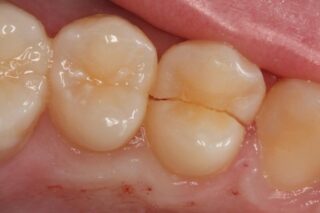
Gum disease, like gingivitis or periodontitis, can cause gum inflammation, recession, and pain.
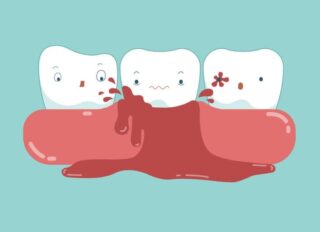
An abscessed tooth, often from severe decay, can cause intense throbbing pain and may lead to serious infections.
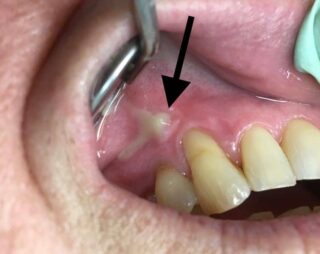
Teeth pain can stem from various factors, including dental cavities, trauma, bruxism (teeth grinding), or dental infections.
Symptoms may include sharp or dull pain, sensitivity to temperature changes, or discomfort while chewing.
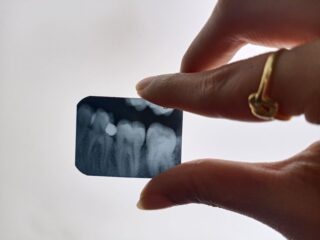
Dental professionals diagnose tooth pain through examinations, X-rays, and sensitivity testing to identify underlying issues.
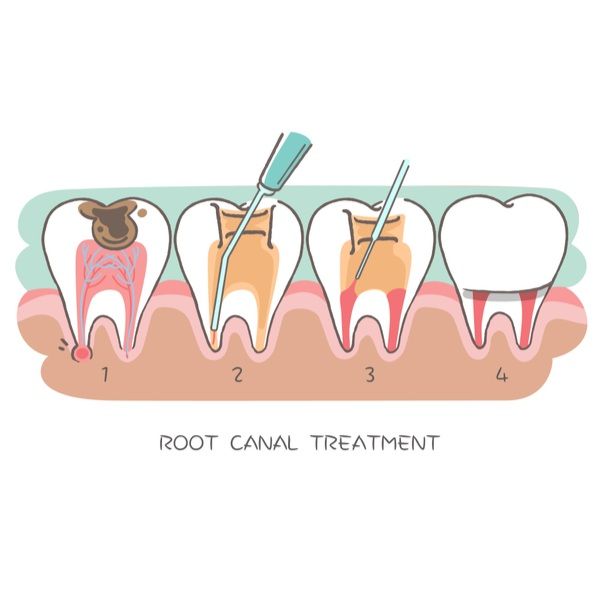
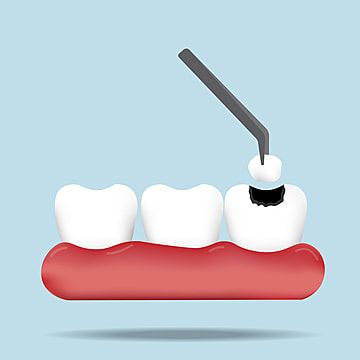
Treatment varies based on the cause and severity of tooth pain, ranging from dental fillings and root canals to extractions or antibiotics.
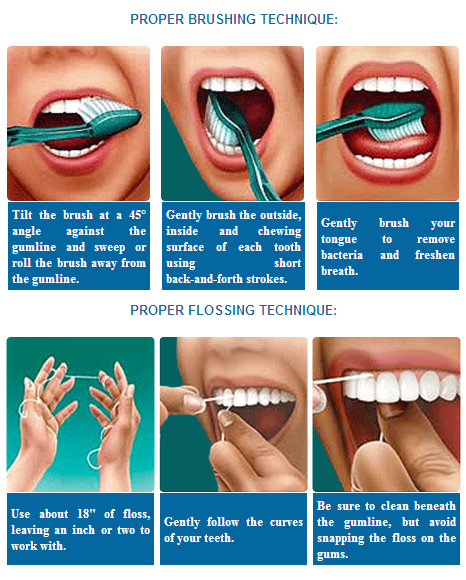
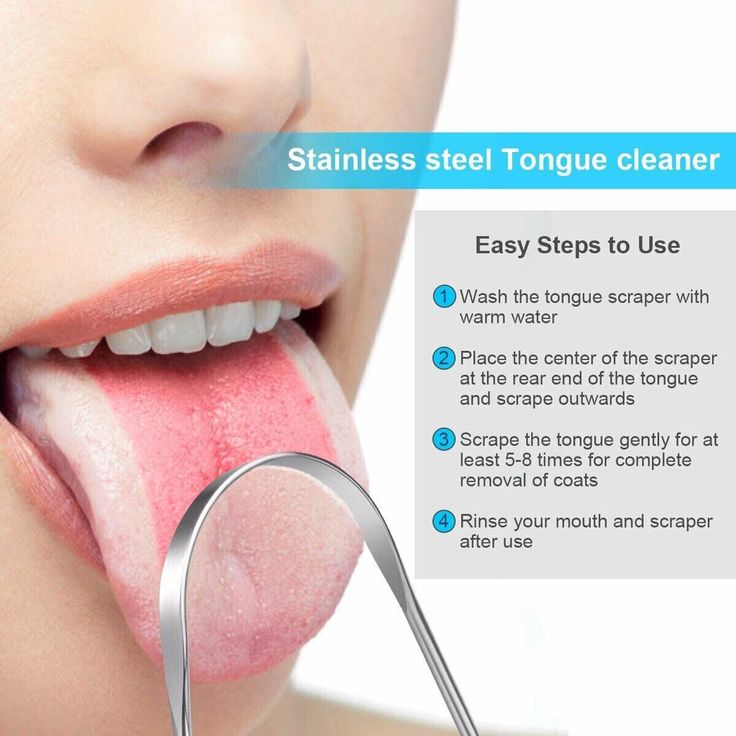
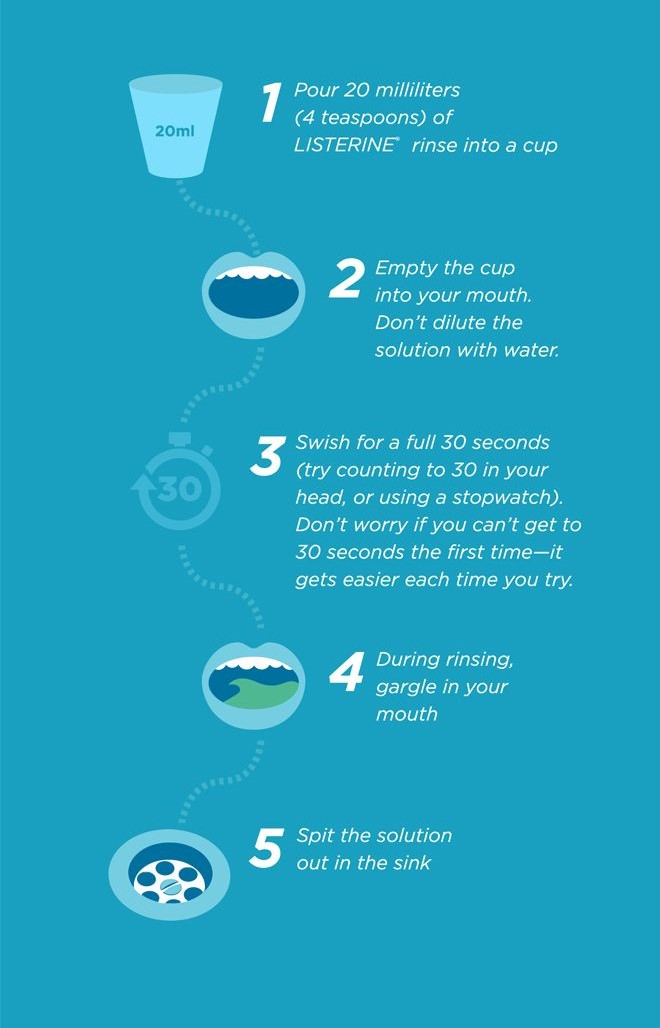
Maintaining good oral hygiene, regular dental check-ups, and using fluoride products can prevent many causes of tooth pain.
Persistent or severe tooth pain, along with symptoms like swelling or fever, warrants prompt dental evaluation.

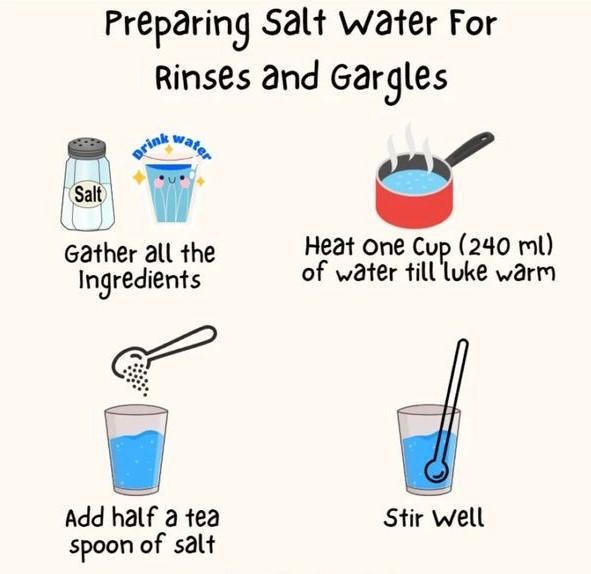

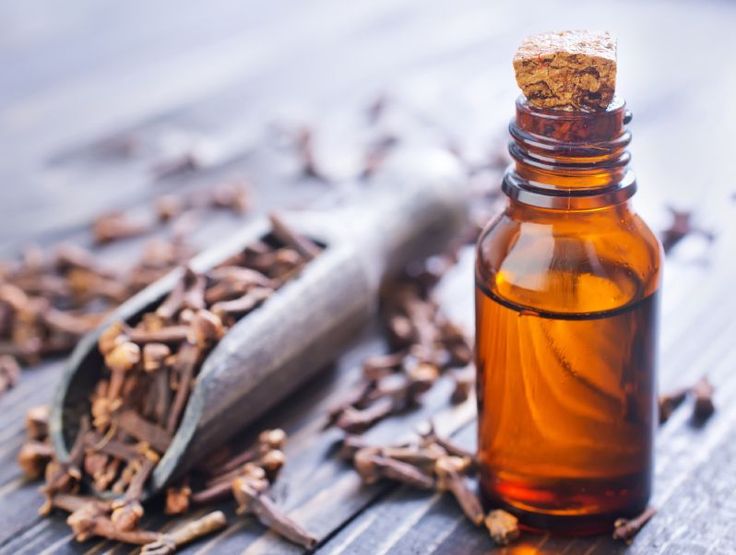
Simple remedies like saltwater rinses, over-the-counter pain relievers, or clove oil can offer temporary relief.


Avoiding sugary foods and beverages while ensuring adequate calcium and vitamin D intake promotes healthy teeth.
Children may experience teething discomfort, emphasizing the importance of early dental care and pediatric check-ups.
Chronic tooth pain can contribute to stress and anxiety, necessitating coping strategies alongside dental treatment.
Technological advancements aim to enhance dental procedures, minimizing discomfort and improving patient experience.
Understanding different types of teeth pain is crucial for maintaining optimal dental health.
Prompt evaluation and appropriate treatment can alleviate pain and prevent complications.
How can I relieve tooth sensitivity?
Using desensitizing toothpaste and avoiding acidic foods can help reduce sensitivity.
What should I do if I have a toothache at night?
Rinse with warm saltwater and use over-the-counter pain relievers. Contact a dentist if pain persists.
Can stress cause tooth pain?
Yes, stress can contribute to teeth grinding (bruxism) and jaw clenching, leading to pain.
Are there natural remedies for tooth pain?
Clove oil and garlic are natural remedies that may temporarily alleviate tooth pain.
Why is it important to address children’s teething pain?
Addressing teething pain promptly ensures the child’s comfort and promotes good oral health.
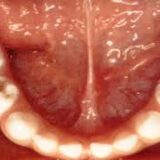
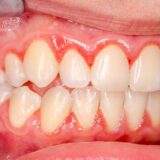
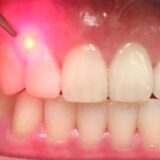
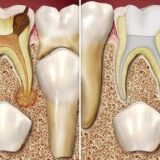
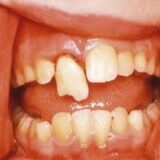
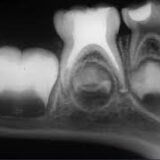
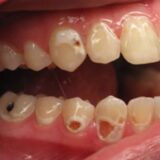
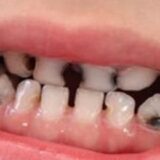
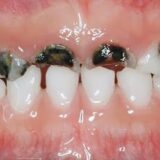
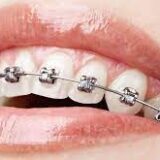

Tooth pain can be distressing and disruptive, affecting various aspects of daily life.
This comprehensive guide explores the different types of tooth pain, their causes, and effective treatment options to provide relief.
Teeth pain, also known as odontalgia, refers to discomfort or pain within or around a tooth.
Understanding the underlying cause of tooth pain is crucial for appropriate treatment and prevention strategies.

Teeth are complex structures composed of enamel, dentin, pulp, and cementum.
Different types of teeth—incisors, canines, premolars, and molars—serve distinct functions in chewing and grinding food.

Sensitive teeth may result from exposed dentin or enamel erosion, causing discomfort when consuming hot, cold, sweet, or acidic substances.

Tooth decay or cavities occur due to bacterial plaque buildup, leading to enamel erosion and pain.
A cracked tooth can cause sharp pain, especially when biting down, due to damage exposing the nerve.

Gum disease, like gingivitis or periodontitis, can cause gum inflammation, recession, and pain.

An abscessed tooth, often from severe decay, can cause intense throbbing pain and may lead to serious infections.

Teeth pain can stem from various factors, including dental cavities, trauma, bruxism (teeth grinding), or dental infections.
Symptoms may include sharp or dull pain, sensitivity to temperature changes, or discomfort while chewing.

Dental professionals diagnose tooth pain through examinations, X-rays, and sensitivity testing to identify underlying issues.


Treatment varies based on the cause and severity of tooth pain, ranging from dental fillings and root canals to extractions or antibiotics.



Maintaining good oral hygiene, regular dental check-ups, and using fluoride products can prevent many causes of tooth pain.
Persistent or severe tooth pain, along with symptoms like swelling or fever, warrants prompt dental evaluation.




Simple remedies like saltwater rinses, over-the-counter pain relievers, or clove oil can offer temporary relief.


Avoiding sugary foods and beverages while ensuring adequate calcium and vitamin D intake promotes healthy teeth.
Children may experience teething discomfort, emphasizing the importance of early dental care and pediatric check-ups.
Chronic tooth pain can contribute to stress and anxiety, necessitating coping strategies alongside dental treatment.
Technological advancements aim to enhance dental procedures, minimizing discomfort and improving patient experience.
Understanding different types of teeth pain is crucial for maintaining optimal dental health.
Prompt evaluation and appropriate treatment can alleviate pain and prevent complications.
How can I relieve tooth sensitivity?
Using desensitizing toothpaste and avoiding acidic foods can help reduce sensitivity.
What should I do if I have a toothache at night?
Rinse with warm saltwater and use over-the-counter pain relievers. Contact a dentist if pain persists.
Can stress cause tooth pain?
Yes, stress can contribute to teeth grinding (bruxism) and jaw clenching, leading to pain.
Are there natural remedies for tooth pain?
Clove oil and garlic are natural remedies that may temporarily alleviate tooth pain.
Why is it important to address children’s teething pain?
Addressing teething pain promptly ensures the child’s comfort and promotes good oral health.











